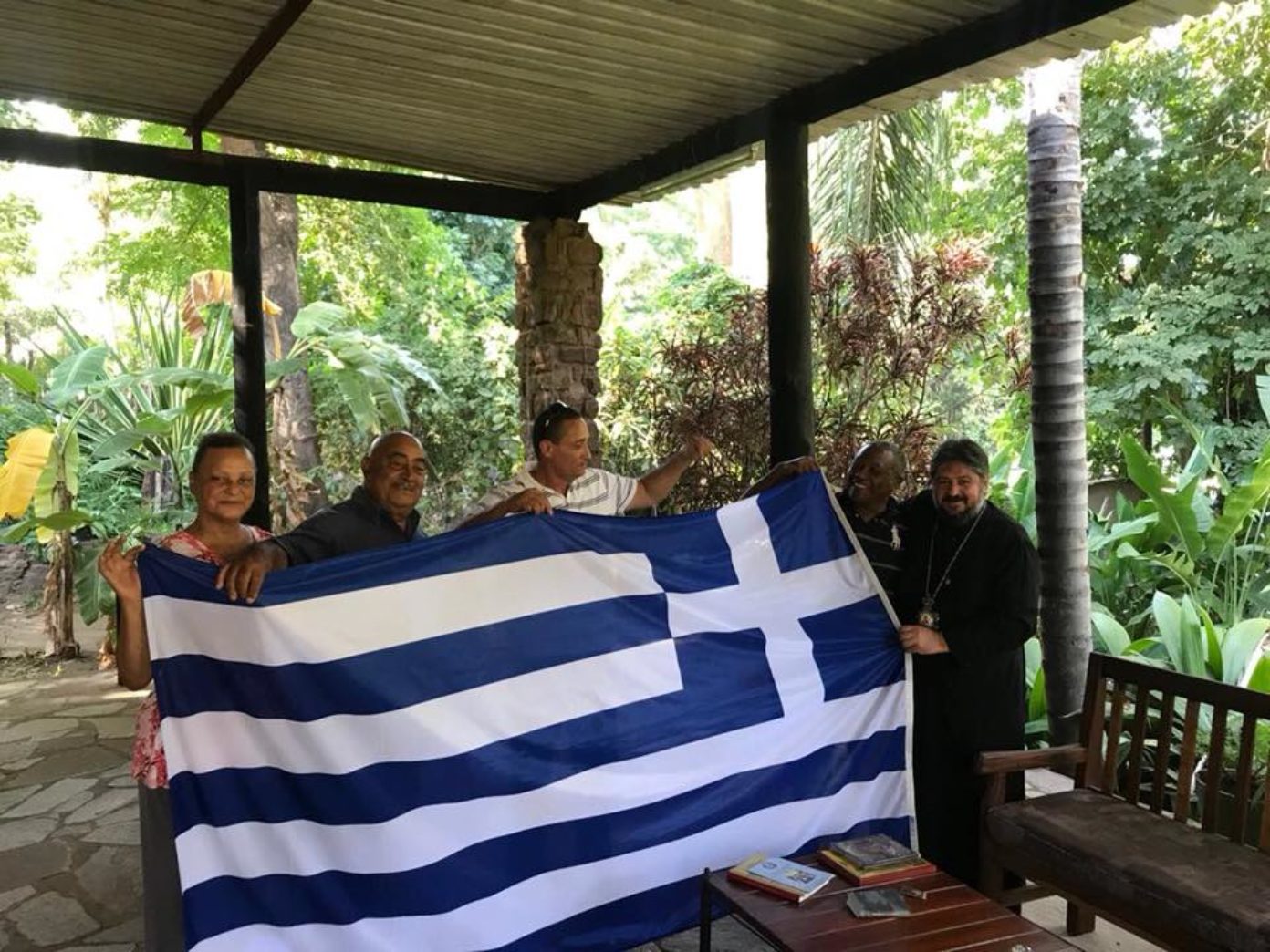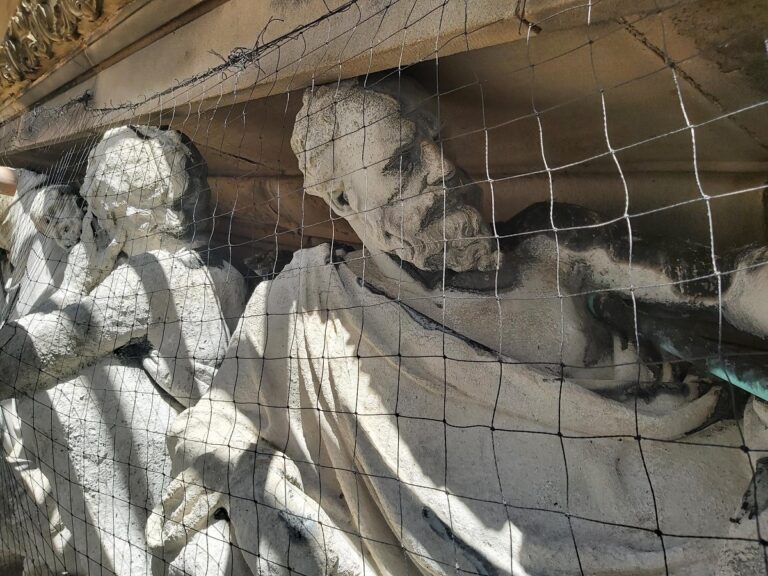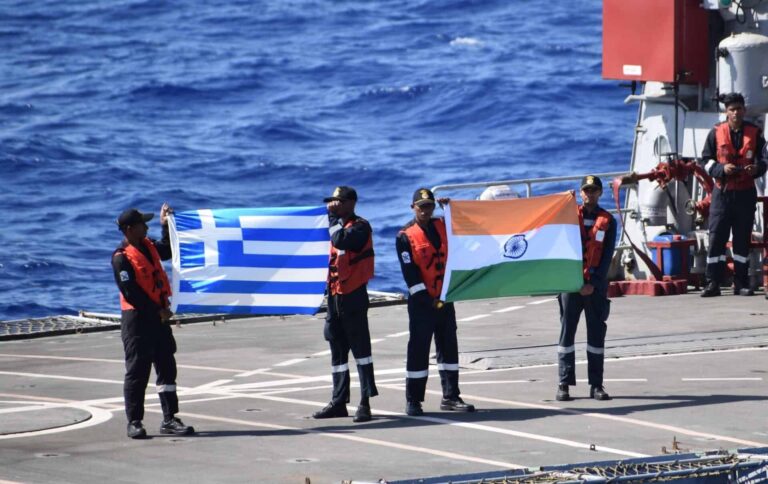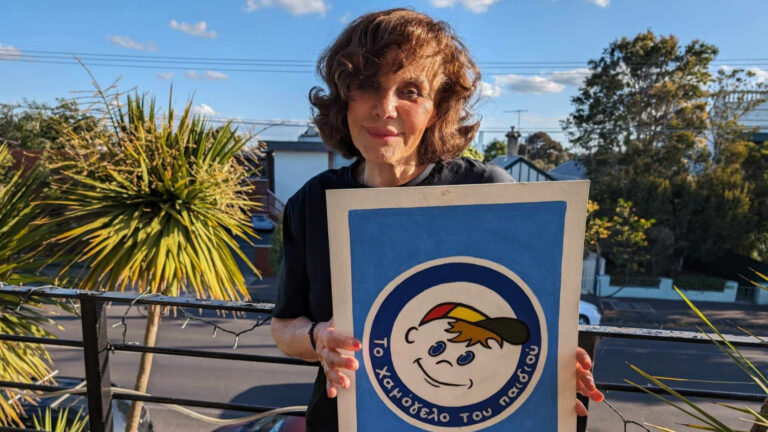The name Vlahakis is widespread in Zambia, thanks to a brave Greek man from the island of Crete called Nikolaos Vlahakis who arrived in southern Africa at the end of the 19th century.
His descendants, who are members of the “Vlahakis tribe” and proudly bear the surname, total about 3,500 people, scattered not only across Africa but around the world.
The story of Vlahakis in Zambia could be made into a Hollywood movie
Vlahakis was born in the town of Malia on the island of Crete. As he grew up in the 1890s, he became known for his revolutionary action against the Ottomans.
He fled to Asia Minor from where he managed to travel over 11,500 kilometers until he reached Mozambique in south-east Africa.
After walking in the jungle for more than 2,000 kilometers, Vlahakis finally settled in the town of Chirundu in what was then called Northern Rhodesia on the border of Zimbabwe.
Upon settling in his new homeland in the jungle, Vlahakis started hunting wild animals, worked in mines, and engaged in livestock raising to survive. Such was his physical prowess that he is said to have killed crocodiles with a bat and saved many natives from animal attacks.
Rumors of his exploits swept the jungle, making him famous among local tribes which then informally appointed him as their “leader.” Vlahakis, however, felt lonely without his own people by his side and so returned to Crete in the early 1900s to fetch his younger brother, Dimitris.
Vlahakis brothers founded an “independent Greek state”
Metropolitan Ioannis of Zambia told Greek Reporter that upon their return, the Vlahakis brothers settled on a small island called Kanima in the vast Zambezi River, where they founded an “independent Greek state,” and raised a Greek flag.
Metropolitan Ioannis said that the two brothers had a great reputation and that the founder of the territory of Rhodesia, Cecil John Rhodes, gave them a large enough area of land to cultivate.
The two brothers started their farm, named Demetra, and engaged in the cultivation of tobacco. They simultaneously continued to hunt with great success, which thus contributed to their local fame.
The two brothers started their own families, marrying local women and living happily and in harmony with local tribes until April 13, 1913, when Nikolaos passed away after an encounter with a lion in the forest.
Local tribes mourned his death and buried him at the top of a hill, overlooking the “independent Greek state” he had founded years earlier, with honors reserved for a leader, Metropolitan Ioannis said.
His brother continued living on the farm, adhering to the Orthodox faith and traditions and ensuring that his children led an Orthodox way of life and attained a proper education and upbringing.
First descendants all bore Greek names
Nikolaos’ 32 descendants—one of whom was a daughter—all bore Greek names, such as Nikolaos, Stefanos, Athena, Xenophon, Thekla, Cleopatra, Kalliopi, Konstantinos, and Anna among others. Likewise, this applied to his grandchildren and great-grandchildren, most of whom bore the names of the first two brothers.
With Dimitris’ death on September 17, 1939, the era of the two pioneer Cretans ended, but their legacy remains.
Kenneth Kaunda, the first president of Zambia, who is considered the father of all independence movements on the African continent, awarded the Vlahakis family the honorary title of the 64th tribe of Zambia during a public speech.
Descendant writes book on the story
A descendant of the Vlahakis tribe wrote a book on the astonishing story of the two Vlahakis brothers.

Jane Vlahakis Nash’s “Born and Bred in the Zambezi Valley” is a gold mine for members of the extensive Vlahakis family, but it’s also a valuable resource for lovers of Africa, students of sociology, and anyone who is aware of what it means to be ‘colored’ in a predominantly Bantu society ruled in those days by white settlers.
At the heart of this flowering family tree is Demetra Farm and the happy times spent there learning bush lore, swimming in the Zambezi, playing games by moonlight, and going off to school at Fatima, the ‘home away from home’ for many Vlahakis children.
A few unfortunate circumstances overshadow the lives of the Vlahakis family, including untimely deaths, warfare, and the specter of AIDS, but these are counterbalanced by contacts made abroad, rediscovery of Greek ‘roots,’ and an idyllic life under a hot sun in the warm embrace of a big-hearted family.
Missionary center to honor the Vlahakis Greek tribe of Africa
Metropolitan Ioannis is currently establishing a missionary center in Chirundu where the two Vlahakis brothers first settled which will include a church, spiritual center, clinic, school and trade school.

In 2020, Patriarch Theodore II of Alexandria laid the foundation for the project; Metropolitan Ioannis has now embarked on a mission to find funding.
“It will be a contribution of historical importance for the place and its people, not only for the descendants of the Vlahakis brothers, but also for every person who wants to get to know Christ,” the metropolitan said while appealing to all those who are financially able to help in the completion of the mission.

Source: Greek Reporter







